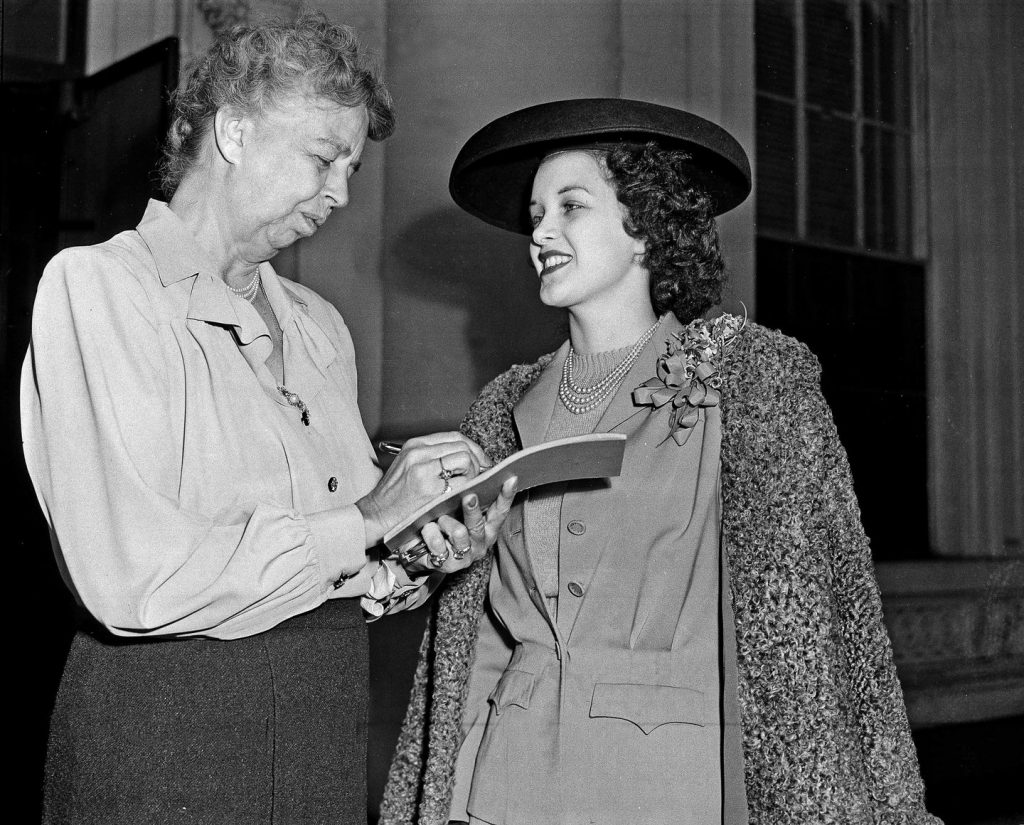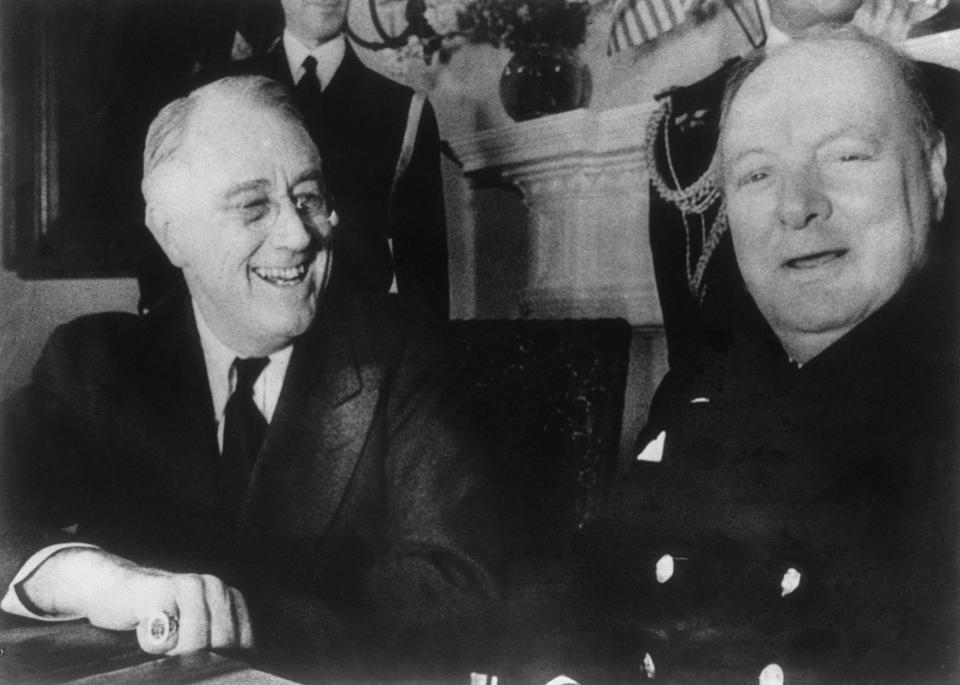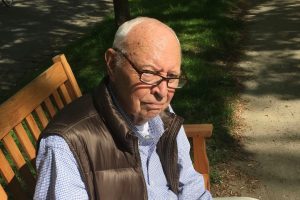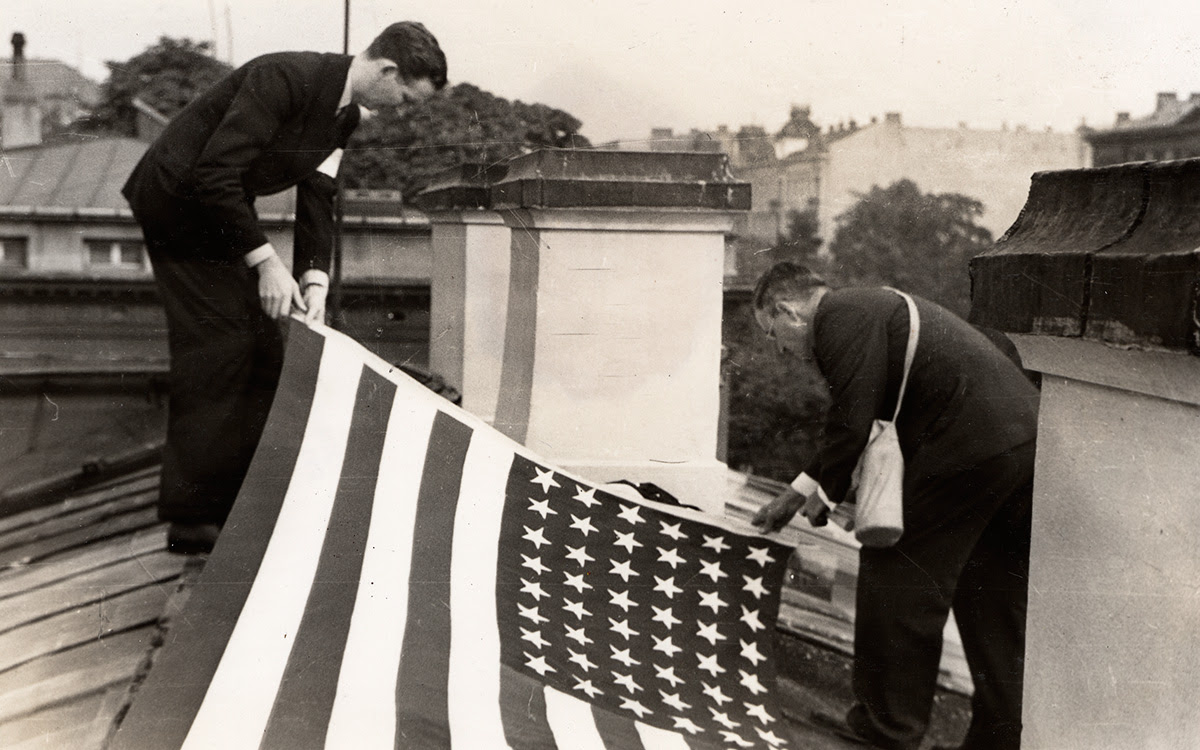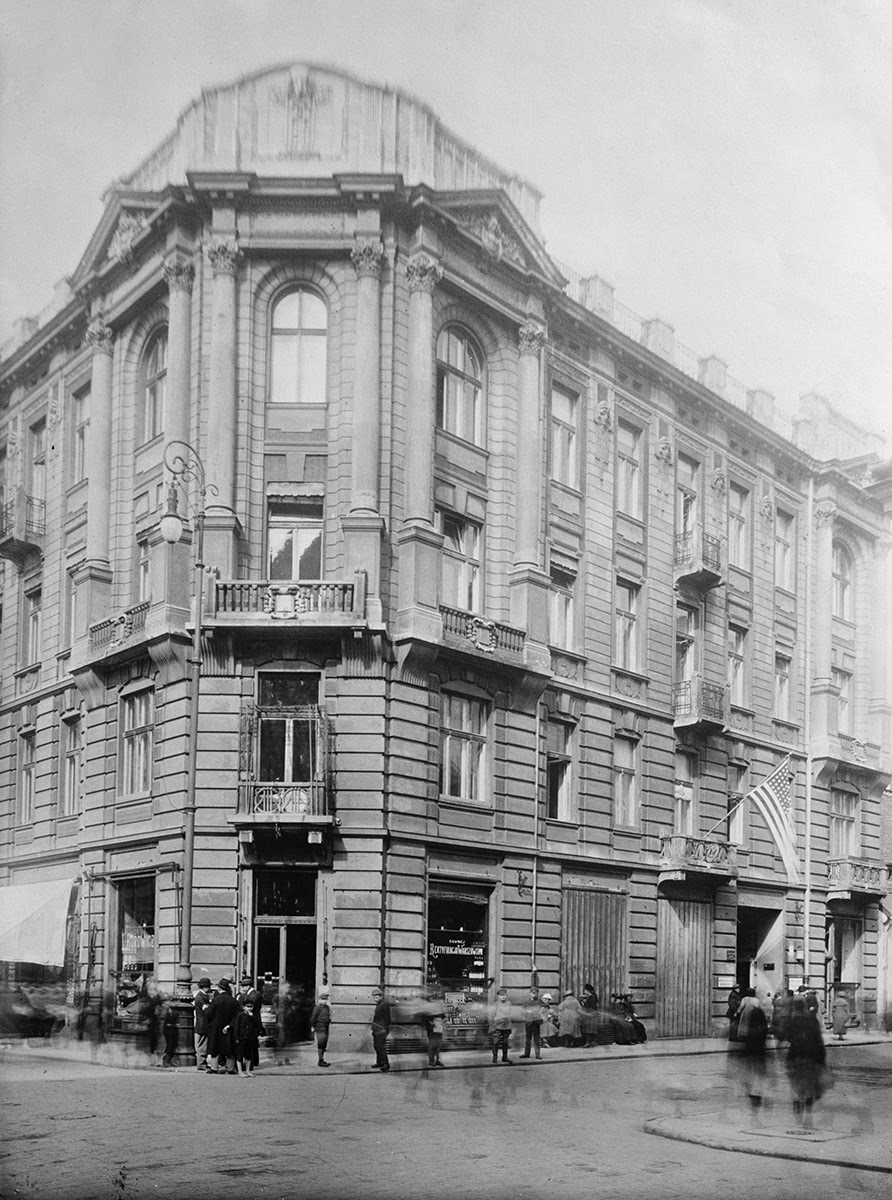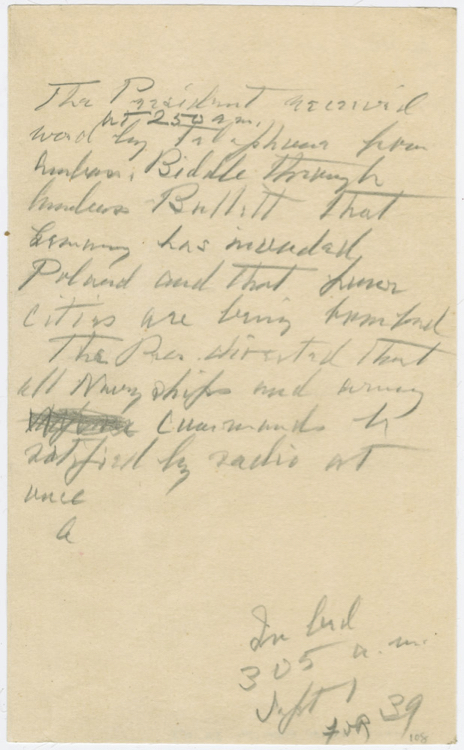Editor’s note: Paul M. Sparrow is the director of the Franklin D. Roosevelt Presidential Library and Museum. He wrote this article for the Journal in recognition of the anniversary of Roosevelt’s death on April 12.
As America and the world confront the deadly COVID 19 pandemic, we should all take a moment to remember the inspirational legacy of Franklin Delano Roosevelt on the 75th anniversary of his death.
The society we live in today is based on his vision of global cooperation and economic equality — Social Security, minimum wage, a 40-hour work week, child labor laws, the World Bank, NATO and the United Nations are all just a small part of the Roosevelt legacy. But it is his inspiring leadership in the face of global catastrophe, and his ability to speak hard truth and instill confidence in the future that are most relevant today.
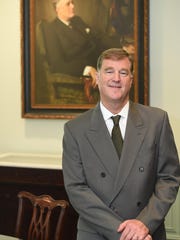
Paul Sparrow, Director of the FDR Library and Museum in Hyde Park on May 31. (Photo: Patrick Oehler/Poughkeepsie Journal)
During his 12 years as president FDR confronted first the Great Depression and then the rise of fascism and totalitarianism. Yet he never wavered in his belief that the American people could overcome any challenge.
It was April 12, 1945. President Roosevelt was recovering at the polio rehabilitation center he created in Warm Springs, Georgia, on that early spring day. His exhausting travel to the military conference in Yalta with Joseph Stalin and Winston Churchill had taken a toll on his already poor health.
World War II was nearing its end in Europe and FDR was focusing on…
Read more at: PoughkeepsieJournal.com

